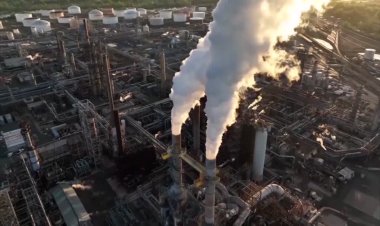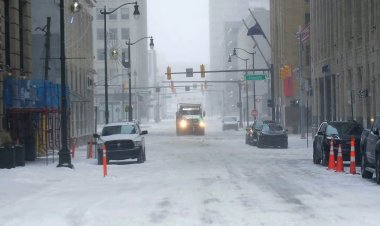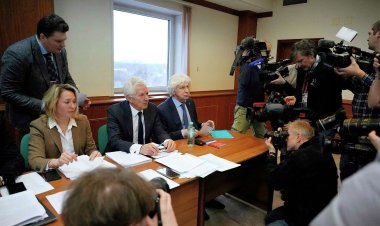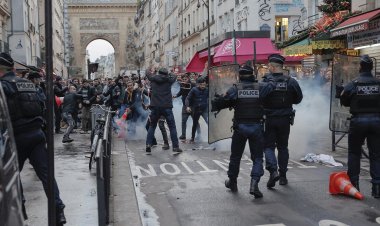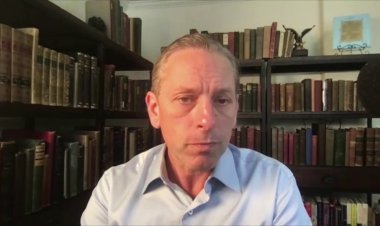Long road ahead for Iraq pledge to phase out gas flares
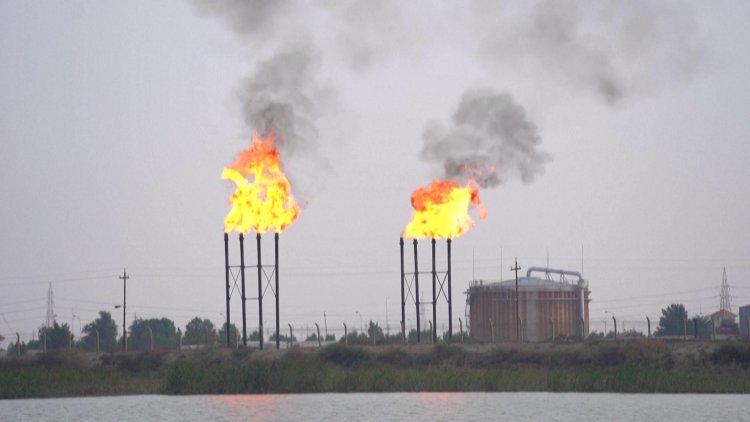
In the oilfields of southern Iraq, billions of cubic feet of gas literally go up in smoke, burnt off on flare stacks for want of the infrastructure to capture and process it.
The flares produce vast amounts of carbon dioxide and other greenhouse gases, contributing to global warming without any economic or social benefit.
Analysts say the waste is particularly egregious, as Iraq is a significant importer of natural gas, meeting a third of its needs through expensive and not always reliable supplies from neighbouring Iran.
The government has pledged to phase out the practice by 2030 but the road to a greener, less wasteful energy sector is proving to be a long one.
For the oil companies exploiting the mega fields around Basra, it is actually cheaper to flare off the associated gas than to capture, process and market it, despite the obvious environmental costs.
Currently, only half of the three million cubic feet of gas that comes out of Iraqi oil wells each day is captured and processed.
The rest is burnt off in flares creating the plumes of acrid black smoke that blight the skies.
"Flared gas, if captured and processed, could provide electricity to three million homes," said Yesar al-Maleki, Persian Gulf analyst at Middle East Economic Survey.
"This could definitely help the country end its acute power shortages that go up all the way to a supply and demand gap of nine gigawatts in summer."
In December, Iraq's oil minister Ihsan Ismail pledged to cut flare gas by 90 percent by 2024.
But despite contracts with foreign oil majors, including France's TotalEnergies, the target is likely to face bureaucratic obstacles in a sector which provides 90 percent of government revenues.





